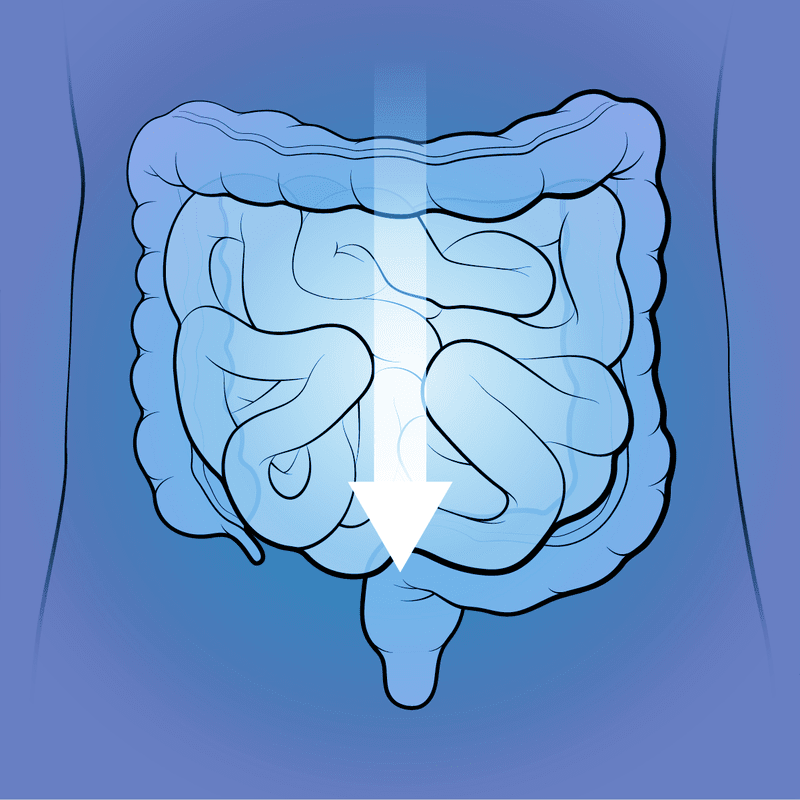Diarrhea is a prevalent complication among individuals living with Human Immunodeficiency Virus (HIV), significantly impacting their quality of life. This article delves into the multifaceted causes, clinical manifestations, diagnostic approaches, and management strategies for HIV-associated diarrhea.

Causes of Diarrhea in HIV Patients
The etiology of diarrhea in HIV-infected individuals is multifactorial, encompassing:
Opportunistic Infections
As HIV progresses, the immune system becomes compromised, rendering individuals susceptible to various opportunistic infections that can induce diarrhea:
- Protozoal Infections: Cryptosporidium parvum and Isospora belli are notable protozoa causing severe, chronic diarrhea in immunocompromised hosts.
- Bacterial Infections: Pathogens such as Salmonella, Shigella, Campylobacter, and Clostridioides difficile can lead to significant gastrointestinal disturbances.
- Viral Infections: Cytomegalovirus (CMV) is a common viral agent affecting the gastrointestinal tract in AIDS patients, leading to symptoms like diarrhea, abdominal pain, and fever.
HIV Enteropathy
HIV itself can directly affect the gastrointestinal tract, a condition termed HIV enteropathy. This condition is characterized by chronic diarrhea lasting more than one month without an identifiable infectious cause.
Antiretroviral Therapy (ART)
While ART has revolutionized HIV management, certain antiretroviral medications, particularly protease inhibitors, have been associated with gastrointestinal side effects, including diarrhea.
Symptoms and Clinical Presentation
The clinical presentation of HIV-associated diarrhea varies based on the underlying cause and may include:
- Stool Characteristics: Frequent loose or watery stools, occurring three or more times daily.
- Associated Symptoms: Abdominal cramping, nausea, vomiting, fever, and weight loss.
- Duration: Diarrhea may be acute or chronic, with chronic cases persisting beyond four weeks.
Diagnostic Approaches
A thorough evaluation is essential to identify the underlying cause of diarrhea in HIV patients:
- Medical History and Physical Examination: Assessing the patient’s history, including medication use and potential exposure to infectious agents.
- Laboratory Tests: Stool examinations for ova, parasites, bacterial cultures, and viral pathogens; blood tests to evaluate electrolyte imbalances and renal function.
- Endoscopic Procedures: In cases where initial evaluations are inconclusive, procedures like colonoscopy or esophagogastroduodenoscopy may be warranted to obtain biopsies and visualize mucosal abnormalities.
Management Strategies
Effective management of HIV-associated diarrhea involves addressing the underlying cause and providing supportive care:
Antimicrobial Therapy
When specific pathogens are identified, targeted antimicrobial therapy is initiated:
- Protozoal Infections: Treatment with agents such as nitazoxanide for Cryptosporidium or trimethoprim-sulfamethoxazole for Isospora belli.
- Bacterial Infections: Appropriate antibiotics based on culture sensitivities.
- Viral Infections: Antiviral agents for conditions like CMV colitis.
Antiretroviral Therapy Modification
If ART is implicated as the cause of diarrhea, clinicians may consider:
- Regimen Adjustment: Switching to alternative antiretroviral agents with a more favorable gastrointestinal side effect profile.
- Symptomatic Management: Utilizing antidiarrheal agents such as loperamide to control symptoms.
Supportive Care
Supportive measures are crucial in managing symptoms and preventing complications:
- Hydration: Ensuring adequate fluid intake to prevent dehydration.
- Nutritional Support: Implementing dietary modifications, such as the BRAT diet (bananas, rice, applesauce, toast), to manage symptoms.
- Probiotics: Considering the use of probiotics to restore gut flora balance, though evidence of efficacy is variable.
Novel Therapies
Emerging treatments offer additional options for managing HIV-related diarrhea:
- Crofelemer: An antidiarrheal medication approved for non-infectious diarrhea in HIV patients on ART. It works by inhibiting chloride ion channels in the gut, reducing water secretion into the intestinal lumen.

